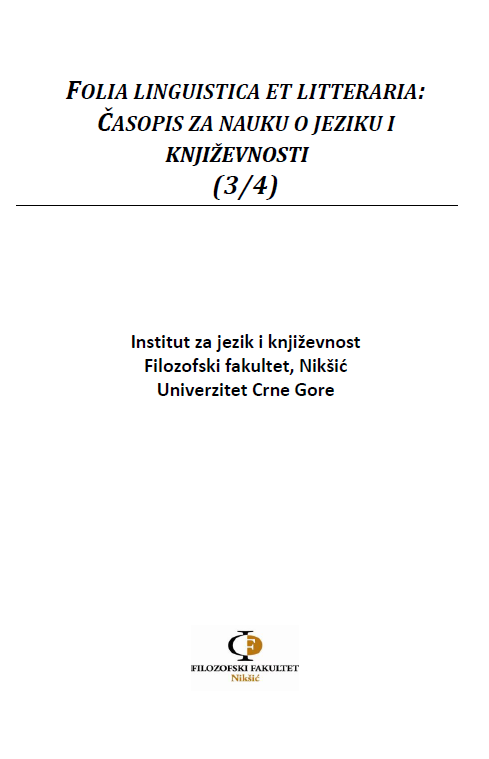Narrating Trauma: Reflections on Argentine “Dirty War” Novels and Films
Narrating Trauma: Reflections on Argentine “Dirty War” Novels and Films
Author(s): Shonu NangiaSubject(s): Other Language Literature, Studies in violence and power, Film / Cinema / Cinematography, Theory of Literature
Published by: Filološki fakultet, Nikšić
Keywords: Argentine literature and film; guerra sucia; dirty war; censorship; exile; violence; trauma; amnesia; French critical theory;
Summary/Abstract: The years between 1976 and 1983 constitute a painful era in the history of Argentina. The events that took place in this period constitute what is now commonly known as la guerra sucia, or the "dirty war." Systematic violence, persecution, repression, forced abductions, censorship, and exile are key elements in descriptions of the guerra sucia. While scholars note that "the repression and subsequent search for justice would leave a deep scar on Argentine society," the "dirty war" also led to an atmosphere of denunciation and fear which found echo in Argentine narrative productions. Gabriel García Marquez, the celebrated Columbian author, has said that in Latin America it is the men and women of letters who write about the truth, not the historians. It is therefore no surprise that the exposition of the truth, the denunciation of the abuses, and the representation of the conditions at the time became the preoccupation of many writers and film-makers of the period.
Journal: Folia Linguistica et Litteraria
- Issue Year: 2011
- Issue No: 3-4
- Page Range: 227-238
- Page Count: 12
- Language: English

